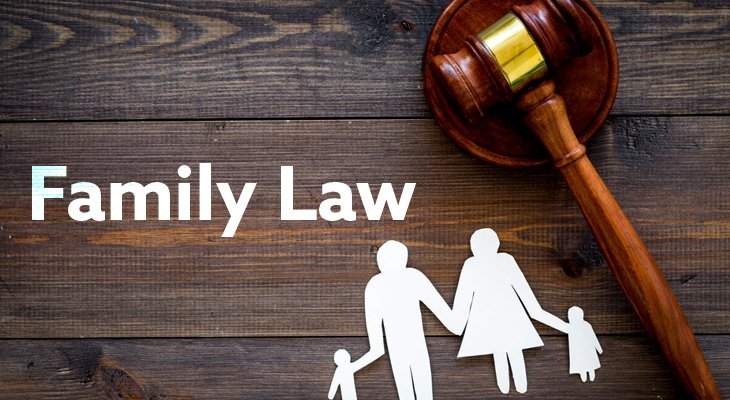
The United Arab Emirates (UAE) is a multicultural hub that attracts millions of expatriates seeking professional opportunities and a high quality of life. However, for those considering marriage, divorce, or having children in the UAE, understanding the intricacies of family law is crucial. This guide explores the legal framework governing family matters for expatriates residing in the UAE.
Navigating the Legal Landscape
The UAE legal system is a complex blend of Islamic law (Sharia) and codified federal laws. Family law specifically falls under the purview of:
- Federal Law No. 28 of 2005 (UAE Personal Status Law): This primary law governs marriage, divorce, child custody, and inheritance for Muslim expatriates and Emirati nationals.
- Federal Law No. 5 of 1985 (Civil Transactions Law): This law supplements the Personal Status Law and covers areas like financial aspects of marriage and divorce.
- Abu Dhabi Law No. 14 of 2021 (Abu Dhabi Non-Muslim Personal Status Law): This recently enacted law provides a separate legal framework for non-Muslim marriages and divorces in the Emirate of Abu Dhabi.
The specific law applicable to your situation depends on your religion, Emirate of residence, and whether you were married within the UAE.
Marriage
Expatriates can get married in the UAE, but the process varies depending on their religion.
- Muslim Marriages: Muslim couples must undergo a Sharia-compliant marriage ceremony conducted by a UAE Imam. Both parties must be Muslim and of legal age (21 years for men and 18 years for women). A marriage contract (Nikah) is signed outlining the Mahr (dowry) payable by the groom to the bride.
- Non-Muslim Marriages: Non-Muslim couples have two options:
- Civil Marriage at a UAE Court: This option is available in some Emirates, like Dubai and Ras Al Khaimah. The ceremony is conducted by a court official and requires pre-marital health tests and a residency visa.
- Marriage Abroad: Couples can get married in their home country and have the marriage attested by the UAE embassy before registering it in the UAE.
Divorce
The UAE recognizes two main types of divorce:
- Divorce by Mutual Consent (Khul’a): This is the most amicable option, requiring both parties’ agreement.
- Contested Divorce: If an agreement cannot be reached, either spouse can initiate a court case for divorce.
The grounds for divorce and the process differ based on religion and the applicable law.
- Muslim Divorces: Islamic law grants husbands easier grounds for divorce compared to wives. However, recent legal reforms are empowering Muslim wives in divorce proceedings.
- Non-Muslim Divorces: For non-Muslims in Abu Dhabi, Federal Decree-Law No. 41 of 2022 allows applying their home country’s divorce laws under specific conditions.
Financial Implications of Divorce
Financial settlements in divorce are determined based on the applicable law and the specific circumstances of the marriage. Here are some key aspects to consider:
- Mahr (Dowry): In Muslim marriages, the wife is entitled to the full or remaining Mahr upon divorce.
- Spousal Maintenance: Under certain conditions, the UAE courts may award financial support to the wife after divorce.
- Division of Assets: The division of marital assets, except for inherited property, is typically determined based on the contributions of each spouse during the marriage.
- Child Support: The father is financially responsible for the child’s upbringing until they reach adulthood.
Child Custody and Guardianship
The UAE legal system traditionally distinguished between custody (physical care) and guardianship (legal authority).
- Muslim Children: The mother typically has custody of young children, with guardianship often awarded to the father. However, recent amendments advocate for the best interests of the child.
- Non-Muslim Children: Federal Decree-Law No. 41 of 2022 allows non-Muslim parents to opt for joint custody arrangements.
Child Relocation
Both parents require consent for relocating a child outside the UAE. If there is disagreement, the courts will decide based on the child’s best interests.
Inheritance
Inheritance in the UAE is governed by Islamic law for Muslims and may differ for non-Muslims depending on their chosen legal framework.
Seeking Legal Counsel
Family law in the UAE can be complex, and consulting a qualified lawyer specializing in UAE family law is crucial. They can provide guidance on your specific situation, represent you in court proceedings, and ensure your rights are
Sources:

